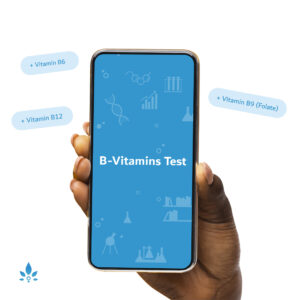What is MRSA?


MRSA is a serious infection that affects about 90,000 Americans annually, claiming 20,000 lives. In the past, MRSA affected mostly those with weakened immune systems, but there has been a rise in the number of healthy people infected with MRSA, including children who are exposed to it while in close contact with large numbers of other people.
MRSA stands for methicillin-resistant Staphylococcus aureus, and it is one of many strains of a bacterium called Staphylococcus aureus (commonly known as staph infections).
Serious MRSA infections, which can cause an infection in any part of the body, typically affect people who have been hospitalized or spent time in a healthcare facility. However, another form of the infection — community-acquired MRSA (CA-MRSA) — is causing concern for the rest of the population because it impacts otherwise healthy people.
CA-MRSA usually causes skin infections, such as cellulitis and abscesses. The first symptoms of CA-MRSA are usually reddened areas of the skin that can resemble pimples that later turn into abscesses or boils (fever, pus, swelling, and pain are also factors).
Children are at high risk for CA-MRSA when they come into close contact with others in places like daycares, playgrounds, locker rooms, and other school settings. In these environments, children share toys, gyms, and playground equipment, and are more likely to have skin-to-skin contact with each other.
How to prevent CA-MRSA
Wash hands often: Teach your children how to properly wash their hands with soap and water for at least 15 seconds (a good tip is to have them sing “Happy Birthday” while washing. When the song is over, they’re done).
Skip sharing certain items: Anything that comes into contact with bare skin can be contaminated with MRSA, so sharing items such as towels should be off limits for kids (even siblings!).
Cover up cuts: Keep cuts covered with a bandage until the wound has completely healed.
Clean up: Be sure to clean all shared toys if your child has a play date. For older children, encourage them to clean shared sports equipment with wipes before and after using it.
Stay away from anyone infected: If you know of anyone who is infected with with CA-MRSA, avoid coming in contact with them until they’re healthy again.
Sources:
- Centers for Disease Control and Prevention
- Information about MRSA skin infections.
Centers for Disease Control and Prevention - MRSA Fact Sheet for early childhood care and education professionals.
MRSA Research Center.
New York State Department of Health - Community-Associated Methicillin-Resistant Staphylococcus Aureus (CA-MRSA)- Fact Sheet.
Mayo Clinic - MRSA Infection.
Powered by Bundoo®












































